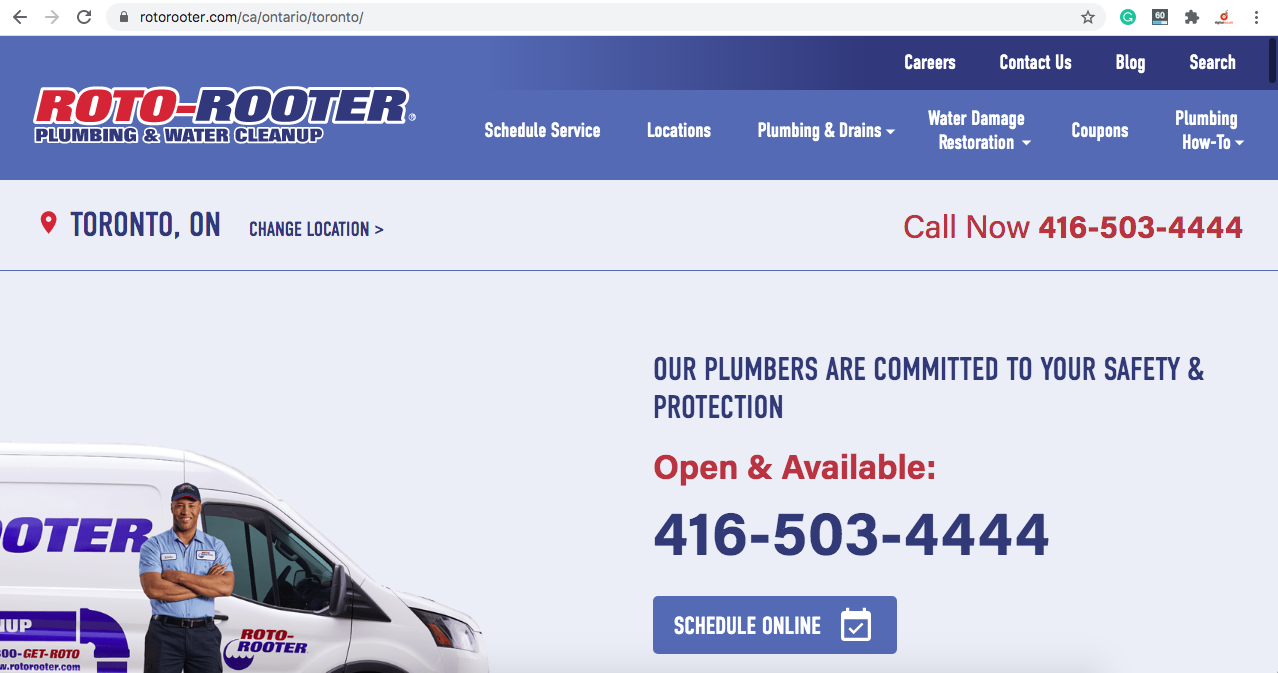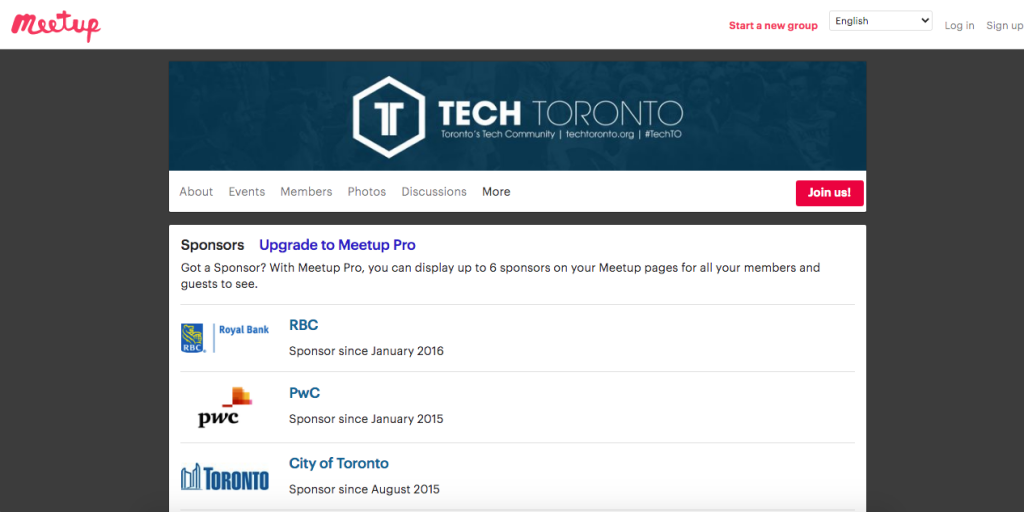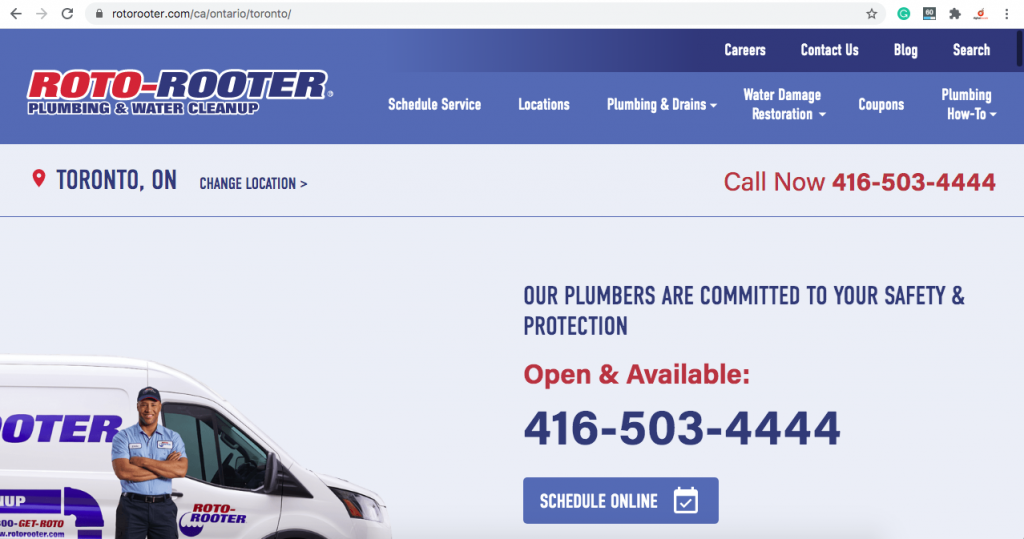
Want to rank for searches within a specific city? The solution is simple; Be city-specific with the content you publish. Local SEO content is an excellent way to get search engines to recognize the city in which you want to improve your local search presence.
Table of Contents
ToggleWhat is local SEO content?
Local SEO content is content that is optimized for a city-specific keyword. The content within your page will identify unique elements that relate the content to a specific city.
By identifying popular landmarks, places, addresses or anything unique to the locality, your page and your website become more closely associated with searches that originate from your target location.
There are a few different types of content that work well to optimize for your city, county, state or province. Here are seven of the more popular types that you’re most likely to see used on a website.
Expert round up from professionals in your city
An expert roundup is a form of evergreen content where you combine the quotes from a group of professionals. Confining the area in which you collect your quotes will make your content local to your city.
You can generate a lot of good local backlinks from different local experts that will in turn boost the competitive ability of your website within your city. People will link to your content when they are featured in it.
This type of content can be combined with an infographic to really improve the likelihood of your project being shared within your industry. An example of this is 12 Web Design Trends In 2020 By Toronto Experts.
In this example, 18 experts shared their opinions on the top web design trends for 2020. The infographic was shared and used on a few of the participant’s sites, which accounted for a boost in local traffic.
You can read the details in a local SEO strategy case study.
Local client surveys
Create a survey for your clients that will help you understand how to serve them better as well as create extremely targeted content. Original data is one of the most valuable assets you can obtain in terms of content creation. Focus your survey on your local clientele to create highly optimized content.
One of the benefits of generating your own data is that you can promote your content to other companies in your niche. When you have something no one else it becomes a linkable asset. Other websites will be much more likely to use your data as a resource when the information is coming straight from your own research.
Host a local event
If you’re planning on hosting an event, no matter how small or large, you should be writing about it on your blog. Include the name, address and times of the event and use structured data mark up on your page.
Hosting your own local event creates an opportunity to publish highly optimized content to your city. As search engines index your site, the amount of local content you’ve published contributes to a stronger local presence.
Sponsor a local event
If your business covers service areas or you simply don’t have the resources to host an event, there are plenty of opportunities to sponsor a local event.
Simply getting a link to your website on the sites that are promoting the local event is worth the local optimization points. These events should take place in the city you’re optimizing for and you can write about the event on your blog to promote awareness.
Here’s an example of a Meetup group in Toronto that has six sponsors listed on their Meetup page.

You can look for opportunities to sponsor events on sites like Meetup, Eventbrite and your local chamber of commerce.
Location pages
If your website operates in multiple locations, a location page for that city will give you the best opportunity to rank highly for city-specific search terms.
Location pages can be optimized to provide more relevance to the target location. With a page dedicated to a specific city, you can optimize for the city in the metadata as well as include city-specific references within your content.
Here’s an example of the Toronto location page for Roto-Rooter. You can see the URL includes the province and city. The title (h1 tag) is also Toronto, On.

If you have an address located within that city, your NAP details should be included in your on-page optimization. Including structured data mark up will ensure search engines know your page is dedicated to a specific city.
Write about local events and activities
Publish content on local events and activities that relate to your business. Give your audience updates on current events that affect your locality and how it relates to your business.
Content that makes city-specific references and links builds your local notoriety for both users and search engines.
FAQ page and/or section
Publish a frequently asked questions page to win positions on the SERP (search engine results page) and drive more traffic to your site.
You can use a FAQ page to target featured snippets and PAA boxes. The sweet spot to appear in these SERP features are answers to commonly asked questions that fall within the 40-60-word count.
Use h-tags to mark up your questions.
You can even add FAQ sections to location pages or any page where it makes sense. Use structured data to mark up your content. This will make your page eligible for rich results when it ranks on the first page of Google.
Create a local SEO content strategy
Every business will have different opportunities available for working out an effective local content strategy. Identify the best traffic opportunities as well as the best link building opportunities to harmonize your efforts.
Develop a strong local presence to capitalize on some of the highest converting traffic available. Make sure your content includes a local element to build your brand recognition in your locality.



